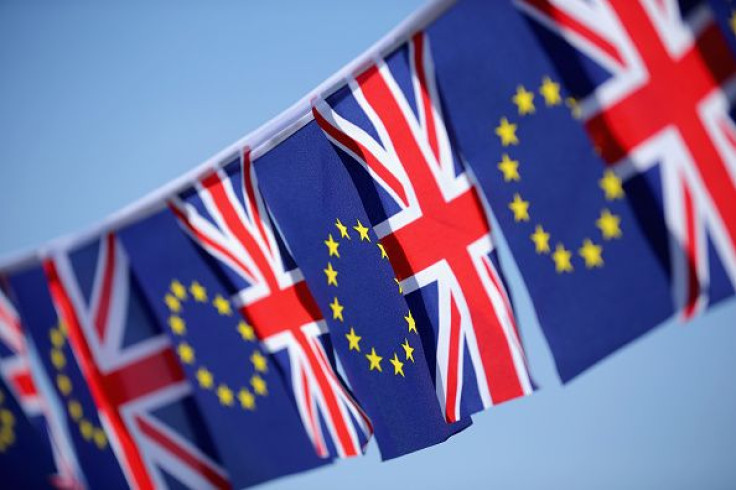Procrastinators Lament: Last-Minute ‘Brexit’ Vote Registrants Irked By Website Overload, Receive ‘504 Gateway Time-Out’ Errors

Britons who waited until the 11th hour to register to vote in the June 23 European Union "Brexit" referendum were met with a crash in the government website, unable to get through to the online registration process.
With just a half-hour left before the local midnight registration deadline, the U.K. Electoral Commission acknowledged there was a problem with the website and was seeking to resolve the issue “as soon as possible.” With about 20 minutes left to go, the site was briefly accessible, but a repeated attempt was unsuccessful.
We are aware of issues with the government registration website and know that they are seeking to resolve these as soon as possible.
— Electoral Commission (@ElectoralCommUK) June 7, 2016
The BBC reported that problems started to occur at 10:15 p.m. local time as traffic to the site peaked with about 50,000 simultaneous visitors.
The Electoral Commission said 1.35 million people have already registered to vote since the government started a public awareness campaign month ago. On Monday, the commission reported its highest volume of registrants in a single day for this campaign, at about 223,000.
With 10 minutes to go before the midnight deadline, the site was still slow, if not giving a timeout message, an indication that the servers operating the site were taking in more visitors than they could handle. Even if visitors were able to access the first page of the registration process, the next page could time out.
This has made the site effectively useless for the last hour and 45 minutes of the registration period.
The issue is reminiscent of the glitches encountered in the U.S. when it launched its online insurance exchanges in October 2013, when heavy traffic overloaded government servers, making it impossible for many filers to go through the online registration process.
At a time when Britons are closely divided on whether to bow out of the European Union, any interruptions to the voter registration process may raise ire and suspicion, or calls to extend the deadline to make up for the technical difficulties.
Voter registration site has "crashed". Won't matter anyway as the vote will be rigged ( see Austria). #brexit #newsnight
— Mr Charrington (@nijineko33) June 7, 2016
The vote later this month is the first time since 1975 that the British public is deciding on the U.K.’s relationship to its continental neighbors.
© Copyright IBTimes 2024. All rights reserved.












